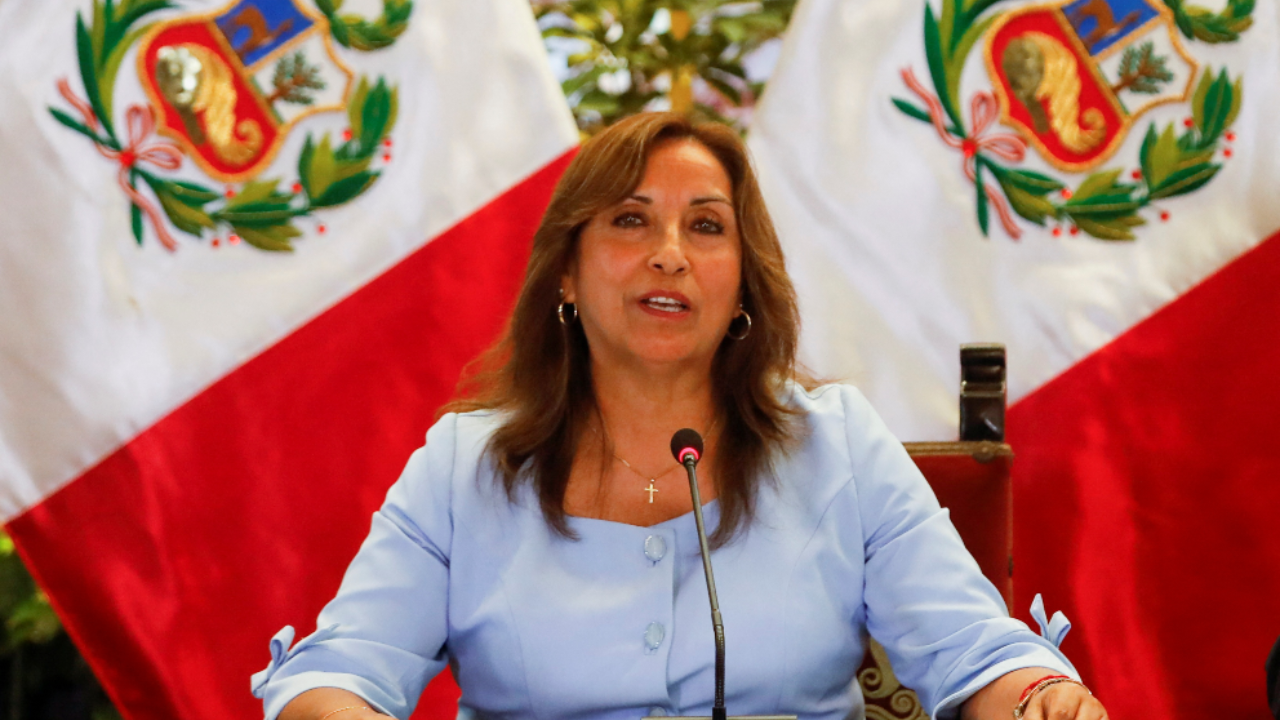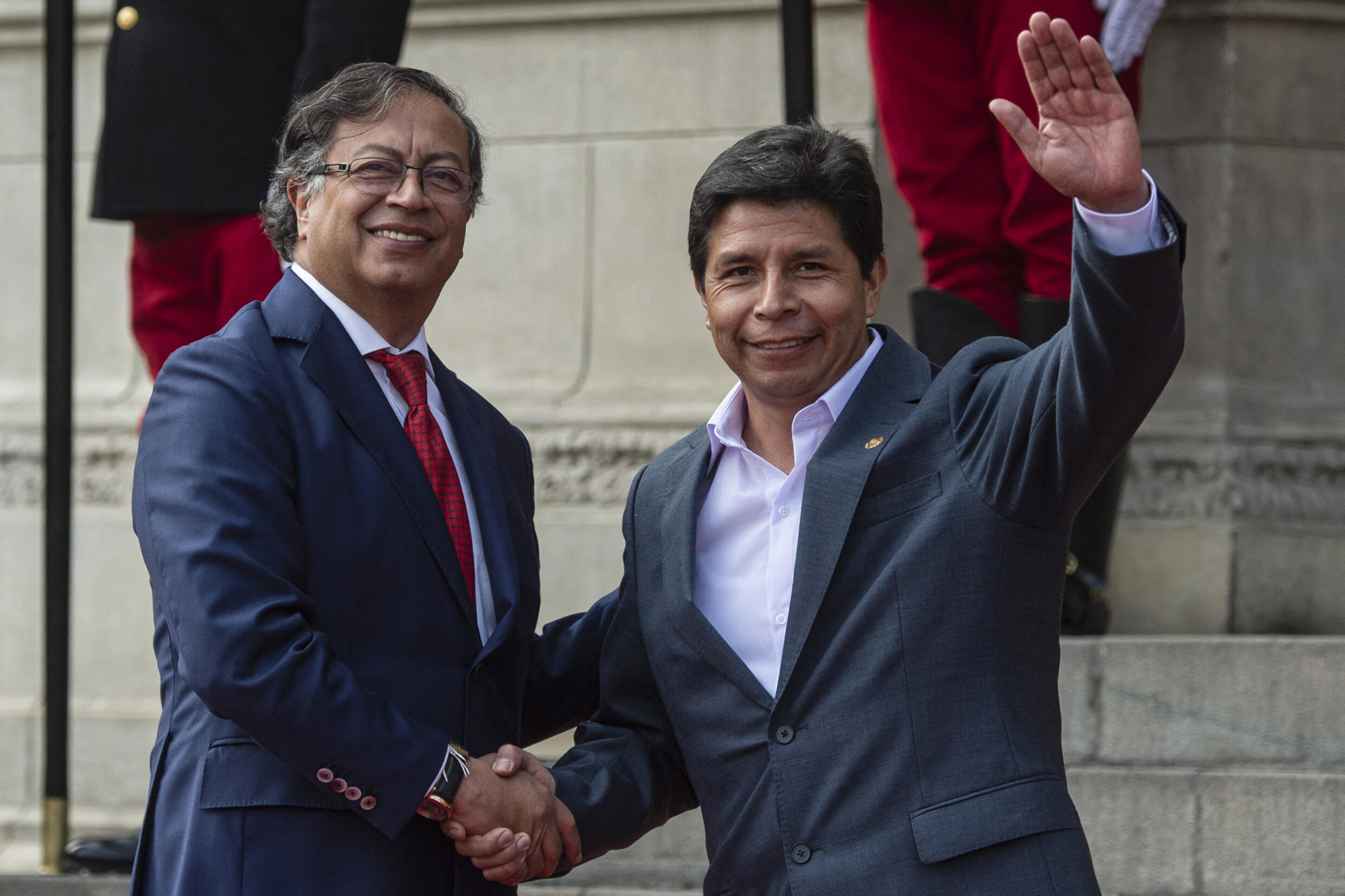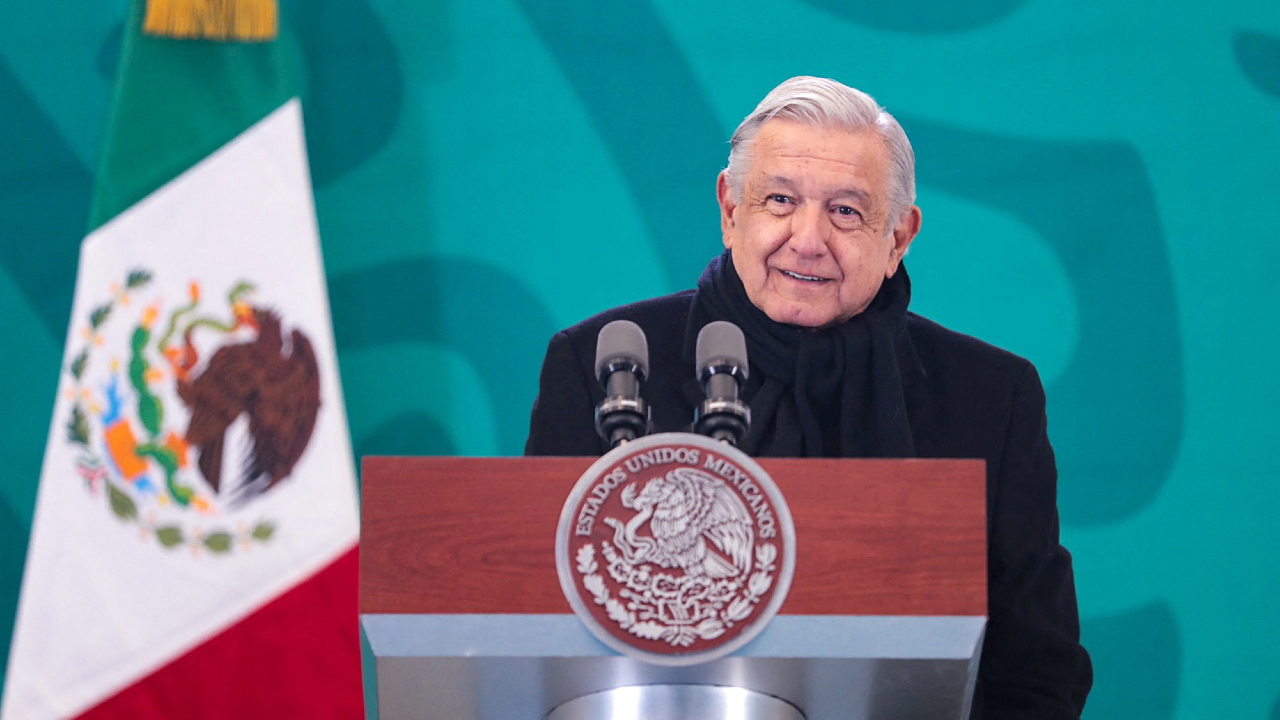First modification:
Colombian President Gustavo Petro was declared ‘persona non grata’ by Lima on Friday, February 17, in the midst of a diplomatic crisis between the two countries. Since Dina Boluarte came to power, after the removal of Pedro Castillo, the Colombian president has criticized Peru’s policies and, recently, even compared the Peruvian Police to “Nazis.” In response, Boluarte asked her not to intervene in the affairs of her country.
The Peruvian Congress declared Colombian President Gustavo Petro “persona non grata” this Friday, February 17, and asked the Interior and Foreign Ministries to take “the necessary steps” to guarantee that he “does not enter the national territory.”
Congress described the recent statements by the Colombian president as “unacceptable.” He also considered that they are an “offense” to the Peruvian National Police (PNP), to the Peruvian State and to “all the Jewish people” by “trivializing the holocaust.”
On February 10, Gustavo Petro criticized the law enforcement repression of a demonstration in the historic center of Lima the day before.
“In Peru, (the police) march like Nazis, against their own people, breaking the American Convention on Human Rights,” said the Colombian president.
Boluarte reacts to Petro’s accusations

For her part, President Dina Boluarte asked this Saturday, February 18, that Petro “dedicate himself to governing” his country and stop “inciting the Peruvian population.”
“From here I tell Mr. Petro that he dedicate himself to governing Colombia, that its streets are also filling up with protests and that he let us Peruvians resolve ours,” Boluarte declared.
Peru has been submerged in a strong political and social crisis since December 7, the date on which former President Pedro Castillo was removed by Congress after his failed “self-coup.” The then Vice President Dina Boluarte assumed the Presidency in accordance with the Constitution.
Since then, the public has protested asking, among other things, that Boluarte leave office. The demonstrations have faced an extremely violent repression by the Police that has already left more than 50 dead, according to figures from the Ombudsman’s Office.
Growing tension between Lima and Bogota
Since Boluarte assumed the Presidency of the country, relations between Peru and Colombia have become tense. Petro has not yet recognized Boluarte as Peru’s president and has spoken out in favor of Castillo.
In reaction, the Boluarte government had shown its “deep discomfort” in December over Petro’s statements, describing them as “unacceptable” interference in the country’s internal affairs.

In January, Petro criticized the eviction of hundreds of protesters at a university in Lima, which led the Peruvian government to express through a diplomatic letter its “strong protest against a new act of interference” by Petro.
But the Colombian president continued expressing his disagreement with the Boluarte government.
On January 24, during the summit of the Community of Latin American and Caribbean States, Petro declared, visibly indignant: “Why is a popularly elected president in prison today if there is no sentence from a criminal judge against him? He and his voters lost their political rights. There is openly a rupture of the Inter-American system of Human Rights”.
The deteriorated relations between Mexico and Peru
Relations between Peru and Mexico have also deteriorated since the Mexican government offered asylum to Castillo’s wife and children.

Parliament approved at the end of last year a motion rejecting “the constant acts of interference in the internal affairs” of the country by the Mexican president, Andrés Manuel López Obrador.
This Friday, February 17, López Obrador refused to hand over the presidency of the Pacific Alliance to Peru, justifying that he considers the government of Dina Boluarte as “spurious.”
Peru has already declared the Mexican ambassador in Lima, Pablo Monroy, and the former Bolivian president, Evo Morales, “persona non grata” “for their constant incitement in national politics” and their attempts to “unbalance the internal order of the country.”
with EFE








![[Img #74675]](https://thelatestnews.world/wp-content/uploads/2024/12/They-discover-a-new-class-of-X-ray-sources-in-the-150x150.jpg)




